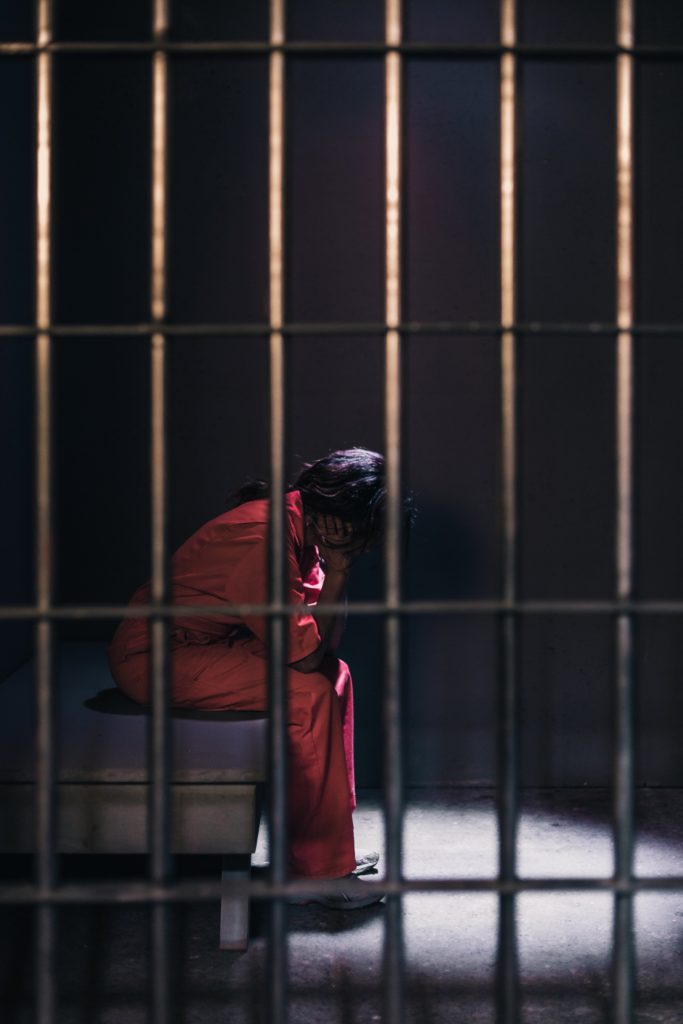Protecting the rights of women in prison: the Bangkok Rules at 10
Geneva, 22 December 2020. Today, we recognise the 10th anniversary of the UN General Assembly’s adoption of the first set of universal rules for women in criminal justice systems: the UN Rules on the Treatment of Women Prisoners and Non-custodial Measures for Women Offenders. The so-called ‘Bangkok Rules’ represent a pivotal change in recognising the distinct gender specific needs of women in prison and introducing safeguards to respond to particular risks of ill-treatment and torture. Ten years after entering into force, it is time to ask: are the specific needs of women and girls in conflict with the law taken into account in reality?

Women are often convicted of low-level, non-violent crimes. Many have a history of victimisation, poverty, discrimination and mental health problems. Many are mothers or carers. Many criminal justice systems tend to overlook the specific circumstances and needs of women and girls, who represent a mere two to nine per cent of prison populations. As noted in the conclusions of last year’s thematic report of the UN Working Group on discrimination against women in law and in practice, imprisonment can have devastating consequences on women’s lives: it puts them at risk of violence and abuse, they may be held in unsanitary or overcrowded conditions, and they may not have adequate access to health care services.
The UN Bangkok Rules seek to take into account those specificities, reduce the imprisonment of women by promoting non-custodial alternatives to detention, and address the causes of their offending. Many governments have implemented various projects to raise awareness of the Rules and have instituted policies, guidelines and training for prison officials and others involved in the regulation of the detention space.
According to figures from the World Prison Brief, which were recently analysed by Penal Reform International (PRI), globally an estimated 741,000 women and girls are in prison serving a sentence following conviction. Others are awaiting trial, for which alternatives to detention could be applied. Their number has even increased by more than 105,000 in the past decade, a 17 per cent increase, and faster than the incarceration rate of men.
This alarming trend towards greater incarceration of women shows the need to rethink sentencing rules and alternative options for women and others committing minor offences. The Bangkok Rules are a good basis for undertaking such reflections,
said Dr. Alice Edwards, Head of the CTI Secretariat.
The CTI Core State Ambassadors have this year called on all governments to rethink their prison rules and strategies, especially in light of decongestion, bail and other measures taken in response to the Covid-19 pandemic, which they argue could also potentially be applied on a permanent basis. Read the statement here.

